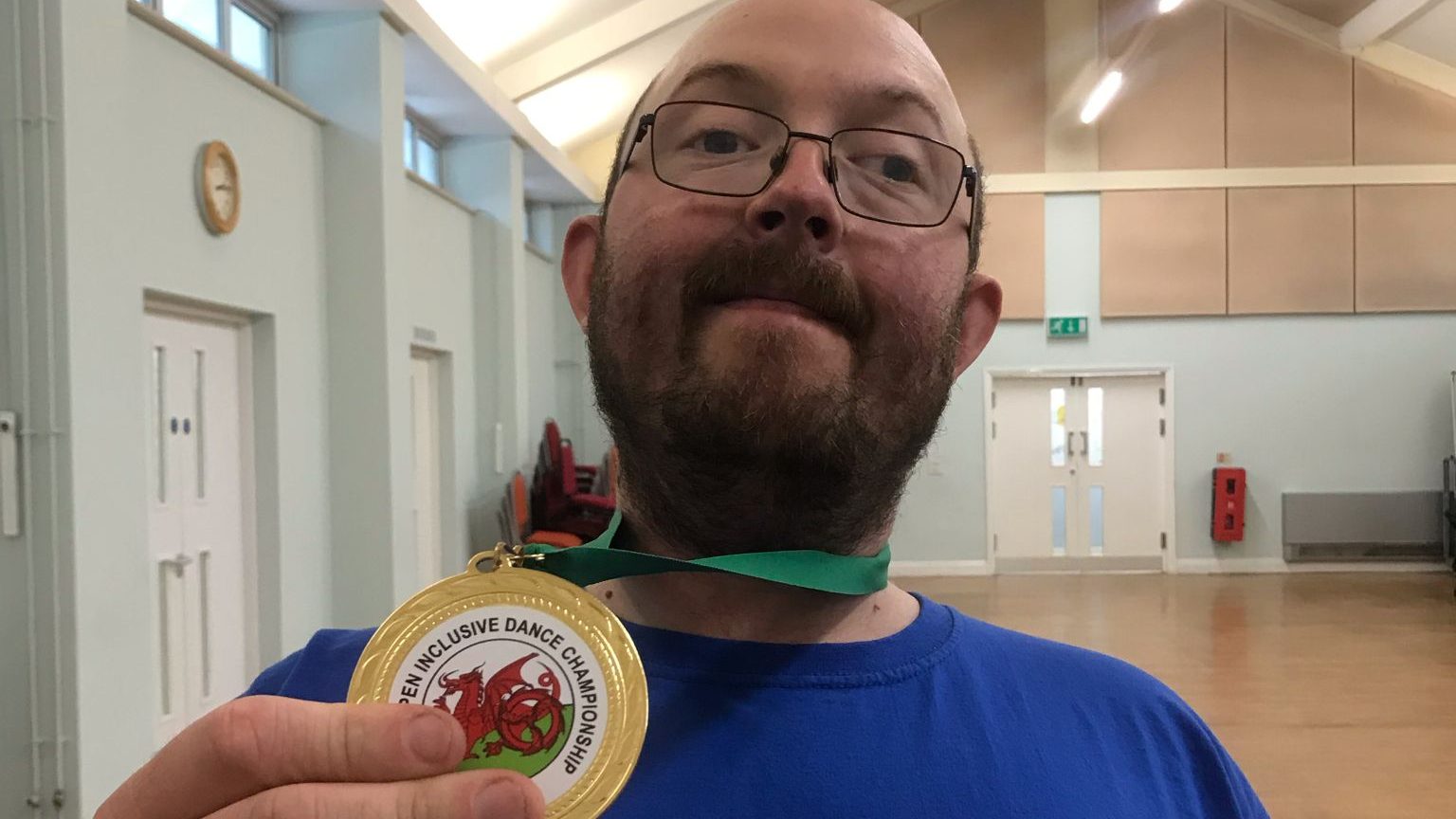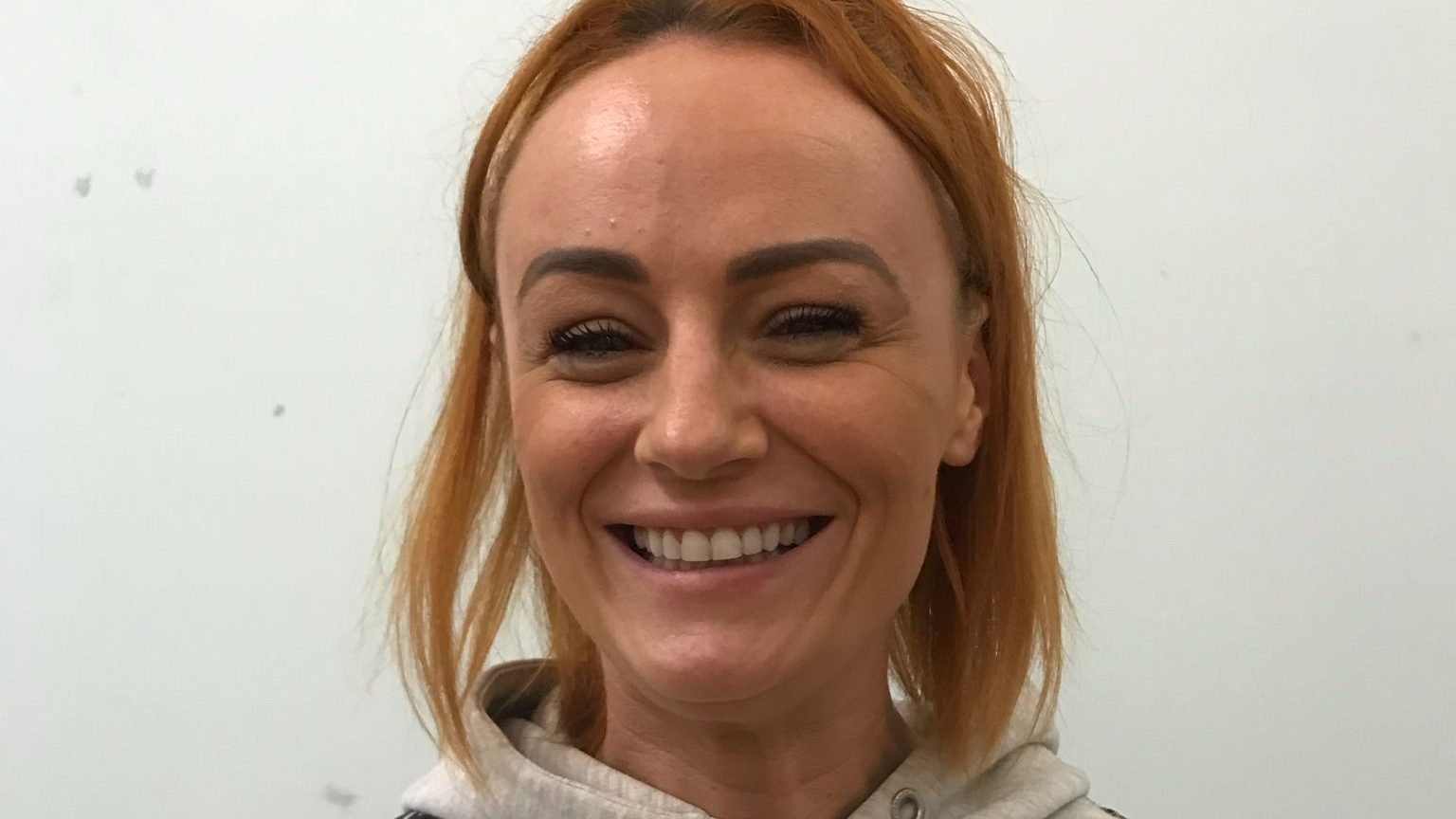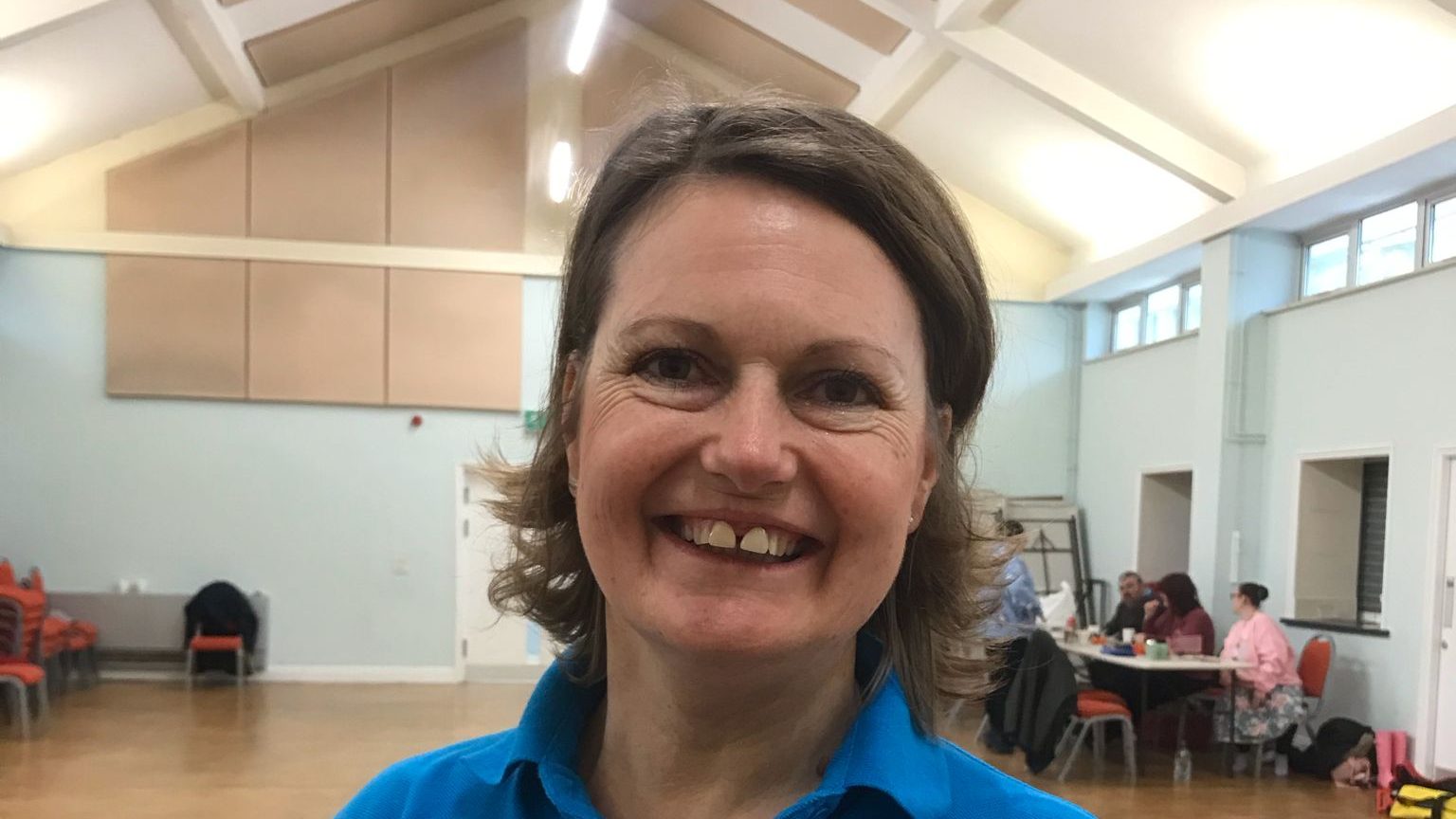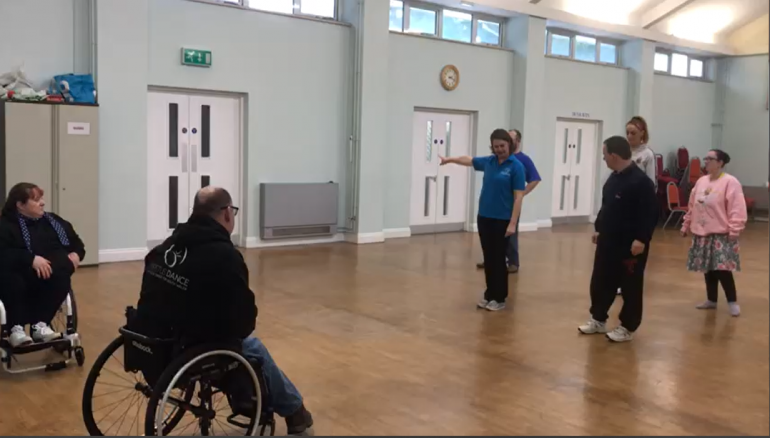A dance school in south Wales that works with dancers with disabilities has said more trained therapists are needed in para-dancing sport.
Impetus Dance school started their work three years ago, after finding that many dance schools fail to accommodate dance athletes with disabilities as they are not well trained to do so.
This call comes after Wales’ only para-ballroom team won seven golds, five silvers and two bronze for team Wales at the 2nd Welsh Open Dance Inclusive Championship
The event, held on Sunday 3 March, was hosted in Bridgend with some of the best paralympic dancers from all over the UK competing in various divisions including ballroom, Latin and freestyle genres.

Bobby Thomas got gold after winning the freestyle division and he couldn’t believe it.
He said: “I was so over the moon. A positive and nice feeling. You have to have the right attitude to win. I’d like to remind everyone that if you don’t win it doesn’t matter. It’s the taking part that counts and meeting lots of different people from different regions. Having a bit of fun really”.

Kelly Thomas, a volunteer assistant for the dancers who attended the event for the first time said it is a real sense of achievement for the team.
She said: “The day and the experience was absolutely fantastic. We were chuffed to bits. It was great for them to be involved. Doing dance sessions and having something to work towards something was great for them. It was good to compete”.
Currently this is the only para-dancing sport team in Wales.
It’s made up of men and women from 6 to 96 training in the Nolton Church Hall in Bridgend every week. Some just come to participate but others have hopes to take on the international stage
Ray Bulpitt, the President of Inclusive Dance UK, an organization who work with para-dance athletes across the UK told CJS news: “I have worked with international athletes who are quadriplegics who are profoundly marginalized most of the time these people would be written off people that would considered unreachable – we provide an avenue for them.
“The Paralympic part of the sport assumes that you have an ability compete on a much higher level. Historically in the UK we’ve had governing bodies who have not had the ability and not pursued that avenue.
“They’ve worked on a very low plane and because of that a lot of people have been left with little back up, very little support especially the trainers. Nationally the trainers have had very little support and that’s what we are providing”.

Louise Bowman, an occupational therapist and Director of Impetus, told CJS news that before her group there was no place for her dancers to go.
She said: “It’s only been around since the late sixties and only taken off since the 80s the 90s. So, it’s still a very new sport.
“For us it’s about them having the opportunity to find a dance school where they can go to, that’s within their community, that they can go with friends to socially dance.
“But as they keep coming and grow in confidence and the skills we are teaching them they then have the chance to take it on further and get medals just like other dancers. They can go on and start competing internationally as some plan to do next year”.
There’s a growing interest in the sport.
Last year 17 dancers from Wales competed, and this year it was 26. More people are realizing there’s a space for them and that they can participate.
Louise and her group are keen to challenge some of the attitudes towards dancers with disabilities.
The team are hoping that step by step and spin by spin they will glide their way to the international stage next year and bring back home more gold for Wales.
For now, it’s back to training for their next competition in Oxford.

